Tribal Planning Enjoys Recognition at Conference
By Michael Cardwell
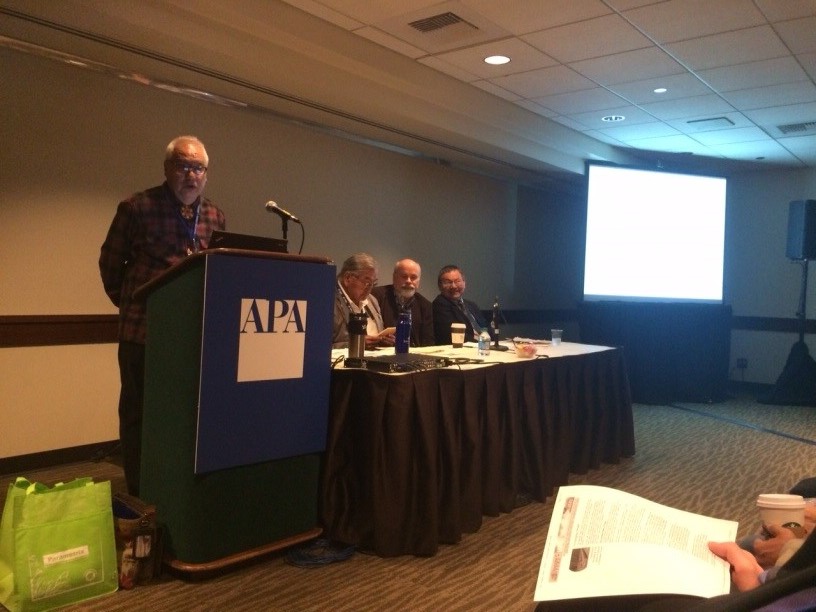
Photo by Lisa Grueter at Pacific Northwest Tribal Planning session |

Photo by Leo Marretta of Mobile Workshop W049 |
In 1999, when the American Planning Association last held its National Planning Conference in Seattle, we said that gaming would change everything. In 2015, we did our best to show that it did in Indian Country. There were two sessions that I want to highlight: Pacific Northwest Tribal Planning [S553] and the mobile workshop Magical History Tour [W049]. The first was presented to an over capacity room by a blue ribbon panel: Robert Elofson (Lower Elwha Klallam), Antone Minthorn (Umatilla), and Dr. Dick Winchell, FAICP (EWU). I facilitated the session (Quinault). The presenters talked about environmental restoration, community engagement, and economic empowerment while creating new alliances under the overarching umbrella of enhanced Native Sovereignty. A quick overview of the removal of the Elwha River dams, the creation of win-win environmental situations at Umatilla, and the changing dynamic within tribal communities told the story of tribes becoming the largest employers within rural counties and using their newly found clout to create the communities we want. That is the mission of planning.
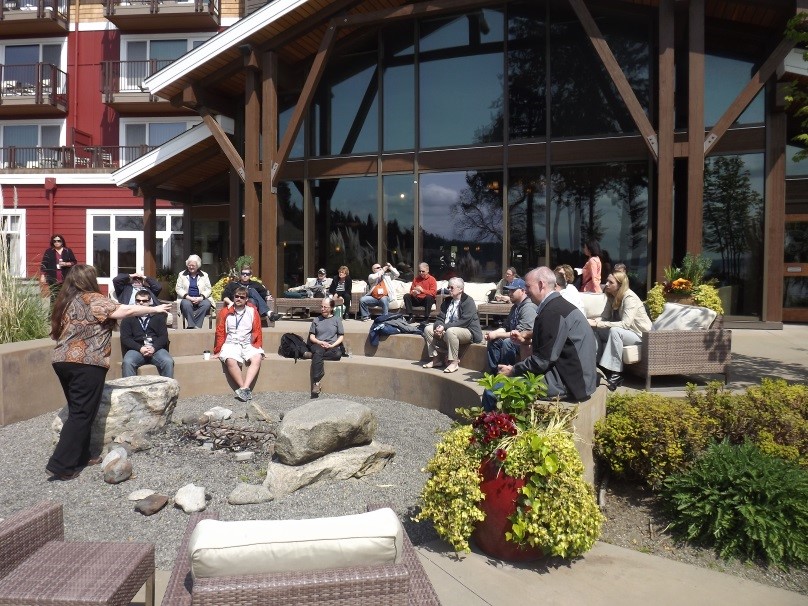
Storytelling at Suquamish Resort Photo by Michael Cardwell, AICP |
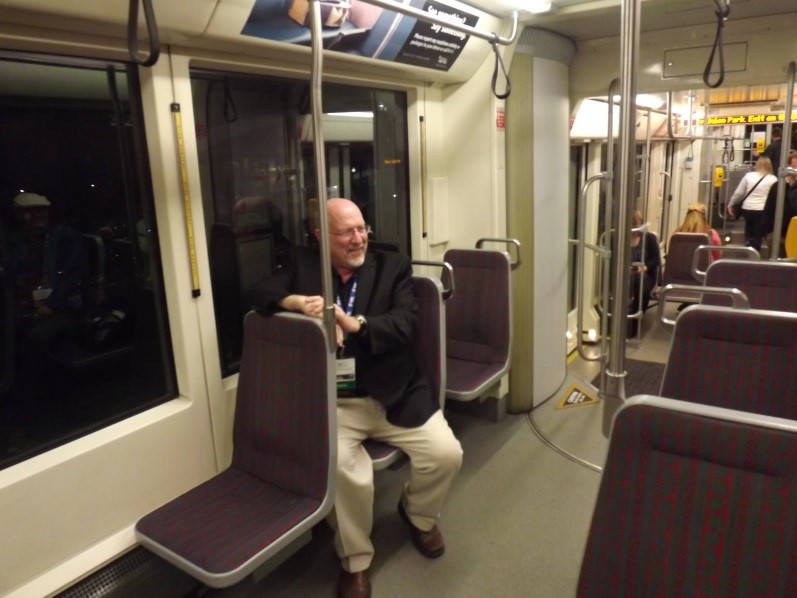
South Lake Union Trolley with Mark Hinshaw, FAICP |
It is one thing to talk about it. It is another to see it. The Magical History Tour went by bus and ferry to the Port Madison Indian Reservation, home of the Suquamish People and burial site of Chief Sealth for whom Seattle was named after. As the tour guide, I tried to quickly highlight the changes that Seattle has experienced since 1999, such as the ever changing skyline, the transportation and physical woes (Bertha that way/Seawall that way) and the development of economic engines in Indian Country that have not only created jobs, but have better fostered working relationships. We were greeted by Suquamish Chairman Leonard Forsman, who told us of the strives that they have taken to turn gaming dollars into LEED Certified Gold and Silver community buildings, support for Tribal Journeys/cultural awareness, and the connections to the political world. Money buys clout, which you have to plan for and execute as well. I hope that the planners left with a better understanding of Indian Country and the Pacific Northwest.
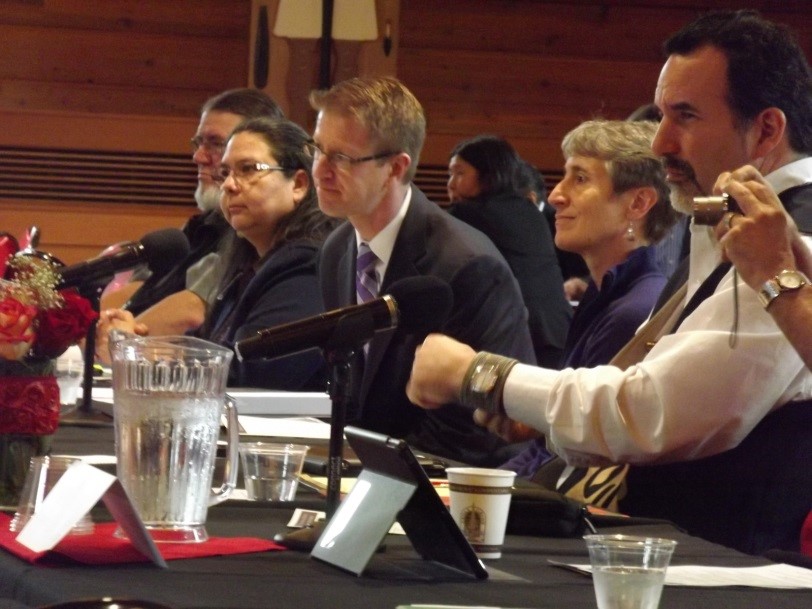
Representative Derek Kilmer, US Department of the Interior Secretary Sally Jewell and Host Suquamish Chairman Leonard Forsman |
It was an honor to present the Tribal Planning portion of the Sustainable Seattle conference.
Michael Cardwell, AICP - Quinault Indian Nation Community Services Director
APA Washington Board of Directors Tribal Planning Chairman
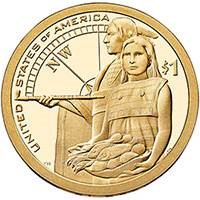 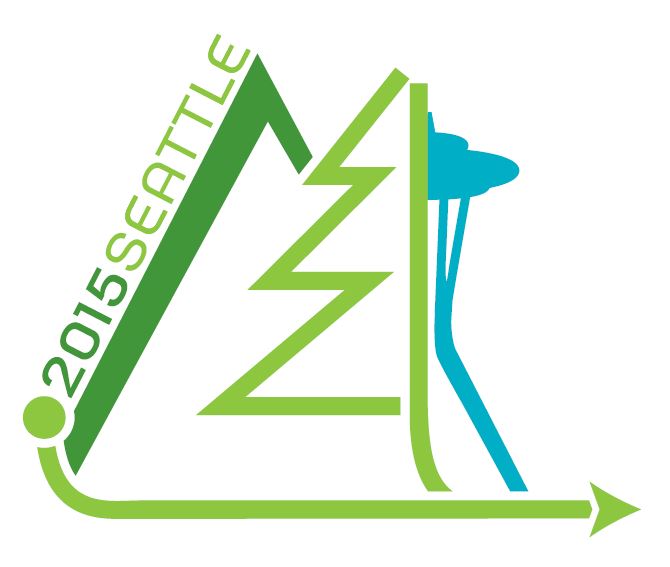
Return to May issue of The Washington Planner
|